It was lovely fresh Boxing Day morning 26th December 2012. The roads were so empty that it was hard to believe we were in Sydney. That's how the journey to real Australia started.
The main destination has been set as Taronga Western Plains Zoo, because from the talks to some friends earlier, that is the main attraction of the area.
I always like to visit zoological sites, because it's exciting to learn new things and facts about nature.
The zoo is a convenient place for both visitors and animals. For a moment it seemed that the conditions people built for all those numerous inhabitants of it should be much better that they would have in the wild.
The road between Blue Mountains and Dubbo is full of dead kangaroos. I have seen only one alive for the entire 6 hours drive. As far as I see they are more active at night time.
1. Cuddles is the only living African elephant in Australia. She made friends with a couple of camels that live nearby. That's because elephants develop their friendship as most people do - it takes quite a while, and other elephants in the zoo are older than her and could potentially damage her health.
2. Galapagos Tortoises.
3. Hippopotamus.
4. There is a belief in some countries that rhino's horn helps curing some diseases. All scientific research so far haven't proved that is true. In addition, the horns of rhinos are made of the same material as human hair or nails. So instead of killing rhinos for horns people may just eat their hair and nails - same effect, but rhinos will be safe.
5. Ostriches.
6. Cheetah.
7. Giraffes.
8. Fun.
Australia has got a very well established system of revival places along the roads which clean toilets, places to seat and eat, some with children playgrounds and electric barbecues. That helps making driving along the country a very easy and nice experience.
9. Revival spot
We stayed at Green Gables Motel. Great value for money and really enjoyable experience.
Dubbo is a very convenient place to stay. People are very friendly and responsive. However I heard some negative comments about it before we went there. In our case those two days of our visit were a charm.
Looking forward to come back again and explore more of that area. There are some interesting places like caves, wineries, historical places that would be great to explore.
The main destination has been set as Taronga Western Plains Zoo, because from the talks to some friends earlier, that is the main attraction of the area.
I always like to visit zoological sites, because it's exciting to learn new things and facts about nature.
The zoo is a convenient place for both visitors and animals. For a moment it seemed that the conditions people built for all those numerous inhabitants of it should be much better that they would have in the wild.
The road between Blue Mountains and Dubbo is full of dead kangaroos. I have seen only one alive for the entire 6 hours drive. As far as I see they are more active at night time.
1. Cuddles is the only living African elephant in Australia. She made friends with a couple of camels that live nearby. That's because elephants develop their friendship as most people do - it takes quite a while, and other elephants in the zoo are older than her and could potentially damage her health.
2. Galapagos Tortoises.
3. Hippopotamus.
4. There is a belief in some countries that rhino's horn helps curing some diseases. All scientific research so far haven't proved that is true. In addition, the horns of rhinos are made of the same material as human hair or nails. So instead of killing rhinos for horns people may just eat their hair and nails - same effect, but rhinos will be safe.
5. Ostriches.
6. Cheetah.
7. Giraffes.
8. Fun.
Australia has got a very well established system of revival places along the roads which clean toilets, places to seat and eat, some with children playgrounds and electric barbecues. That helps making driving along the country a very easy and nice experience.
9. Revival spot
We stayed at Green Gables Motel. Great value for money and really enjoyable experience.
Dubbo is a very convenient place to stay. People are very friendly and responsive. However I heard some negative comments about it before we went there. In our case those two days of our visit were a charm.
Looking forward to come back again and explore more of that area. There are some interesting places like caves, wineries, historical places that would be great to explore.
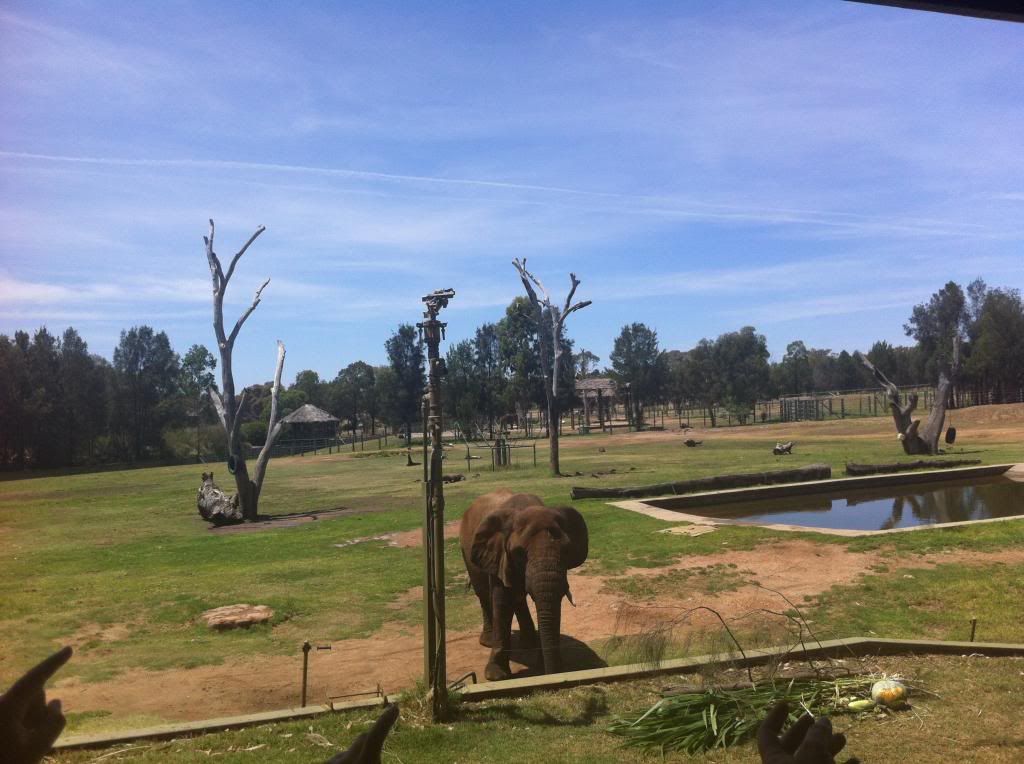
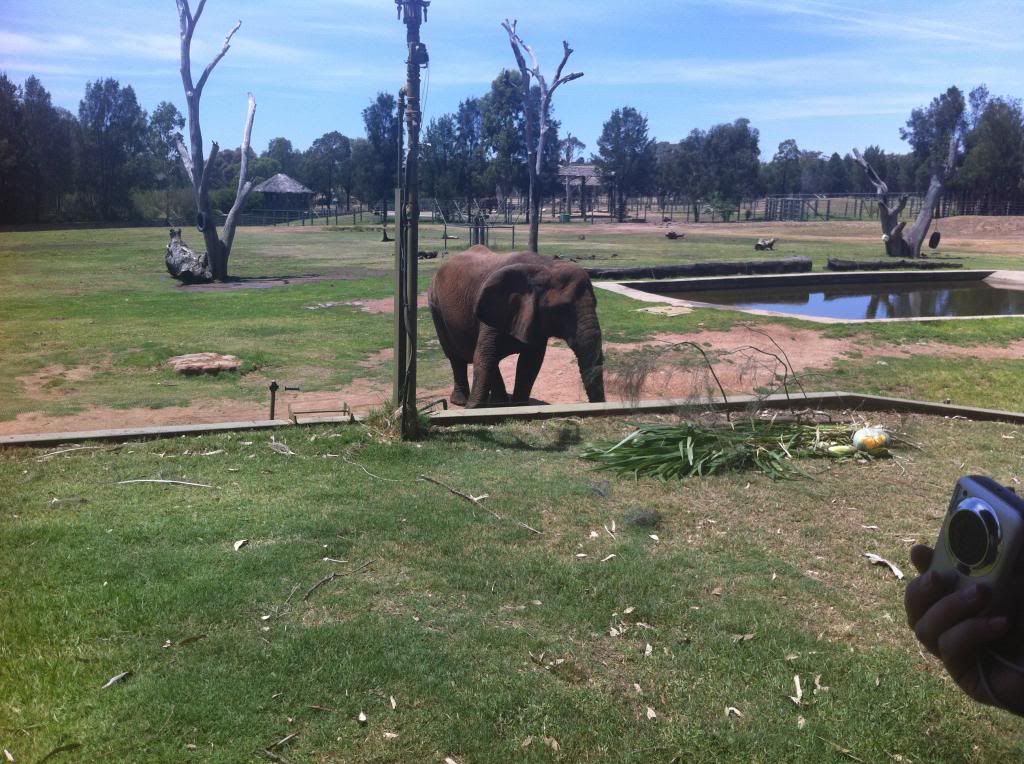
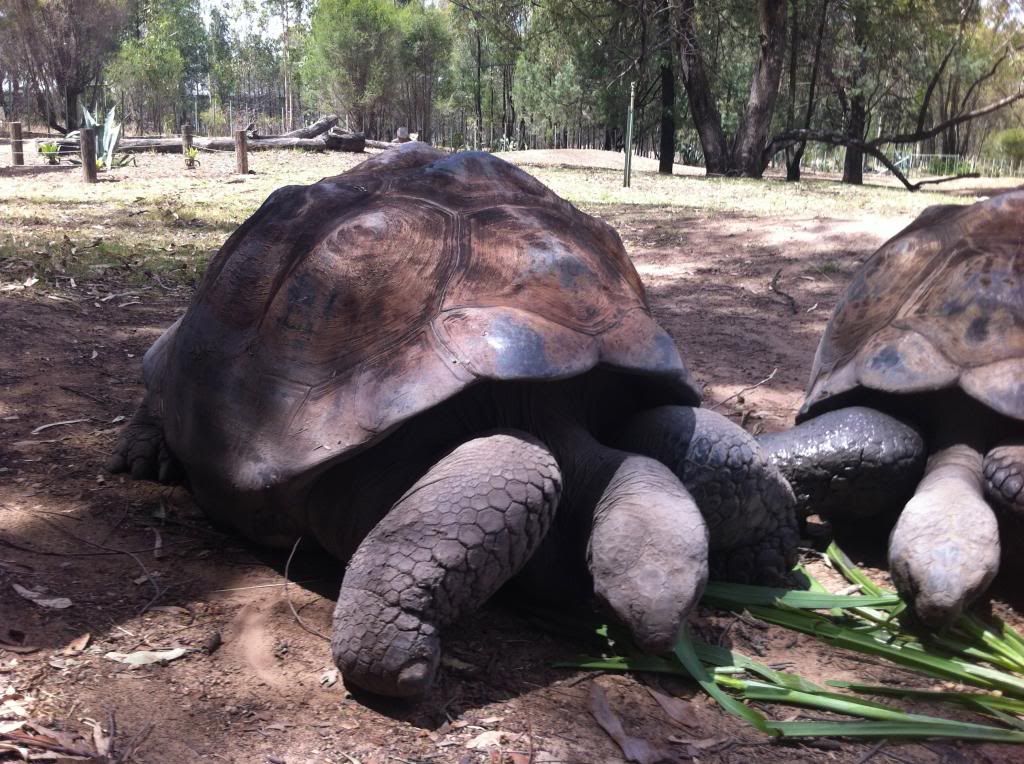

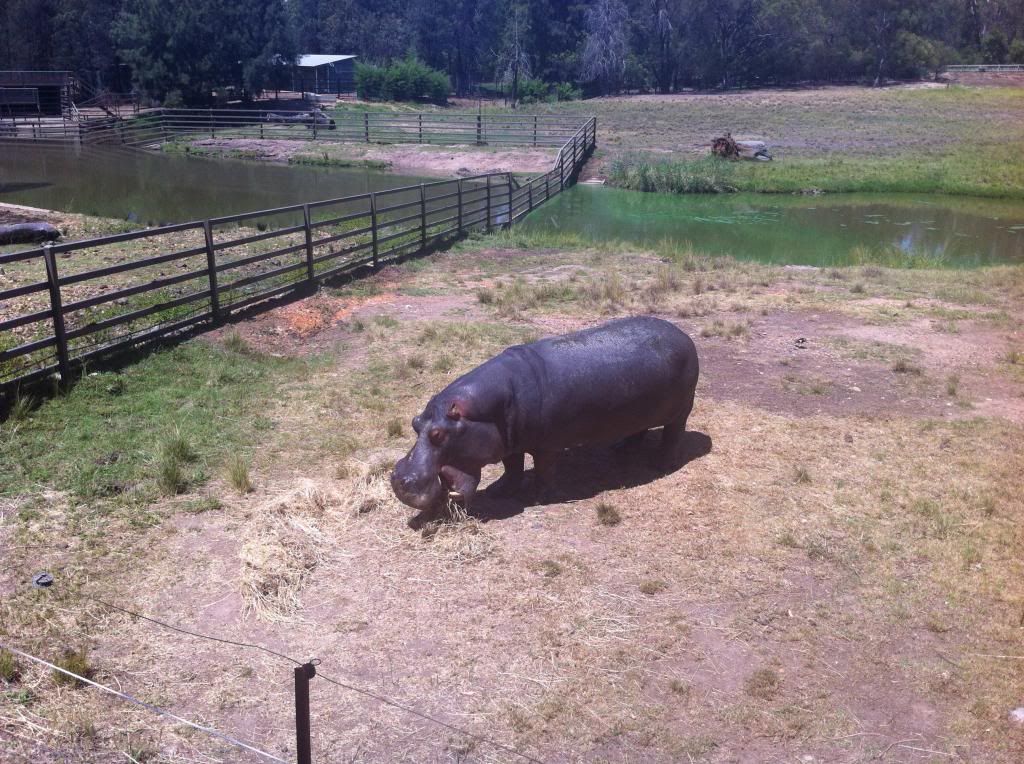
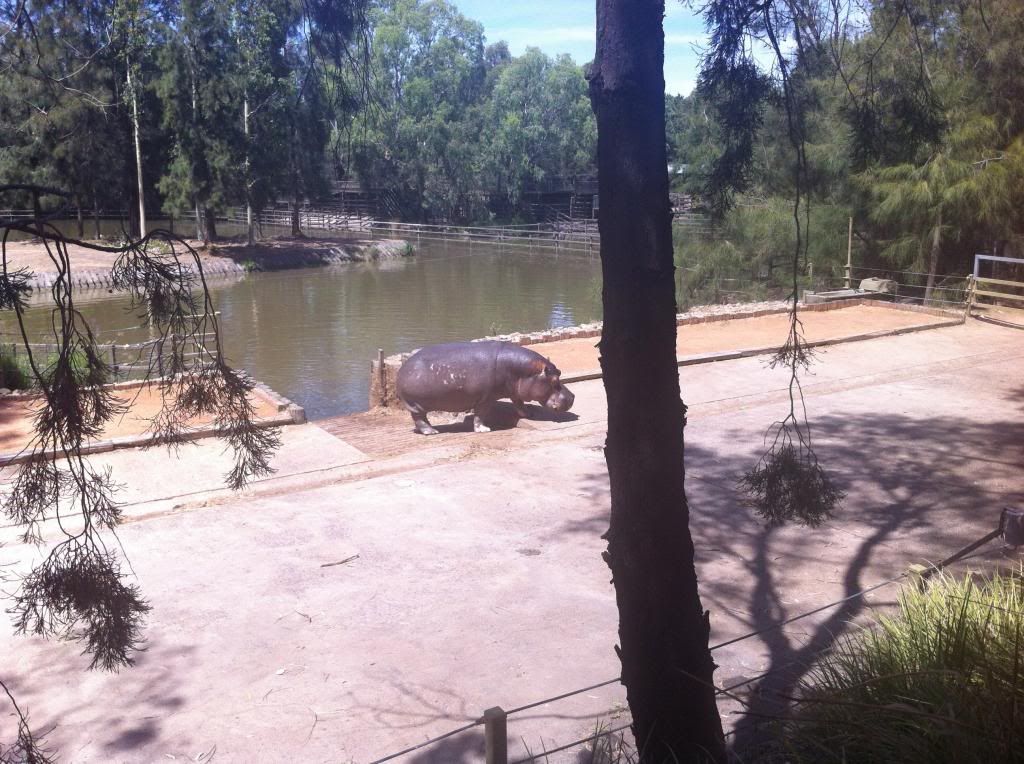
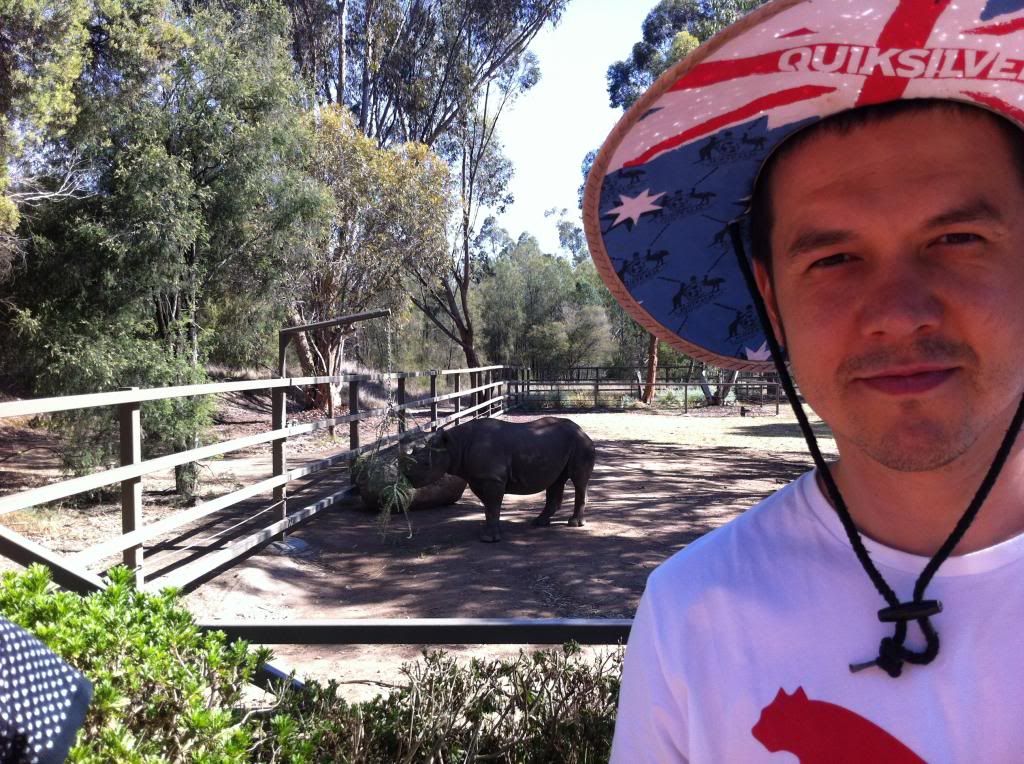
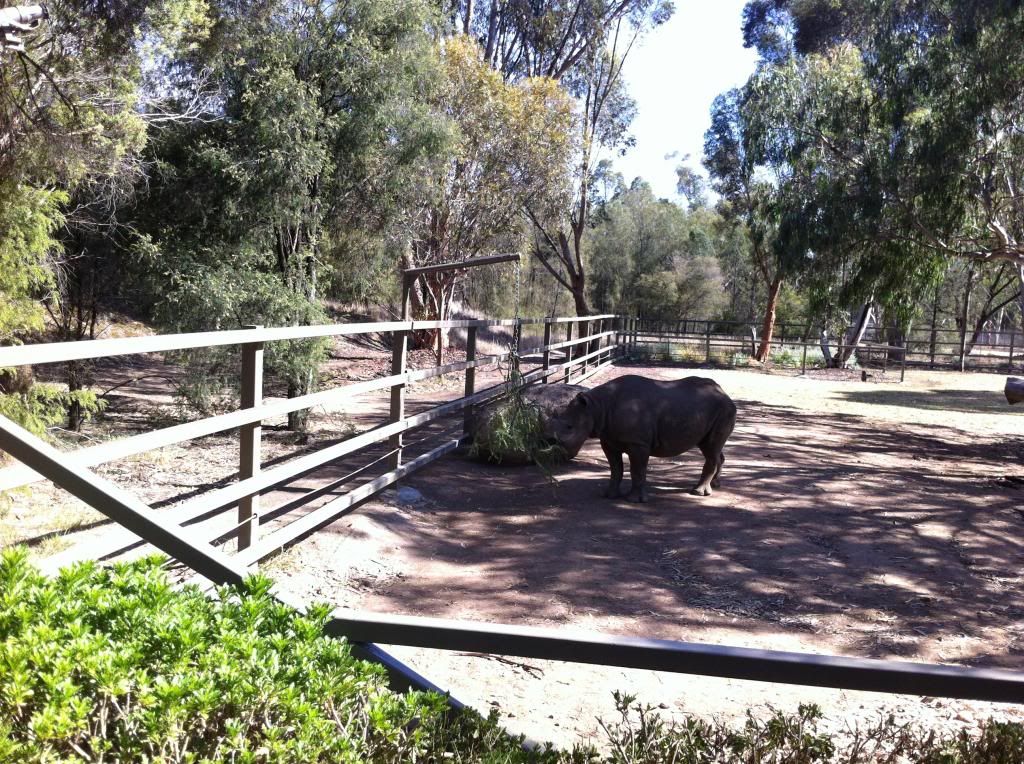
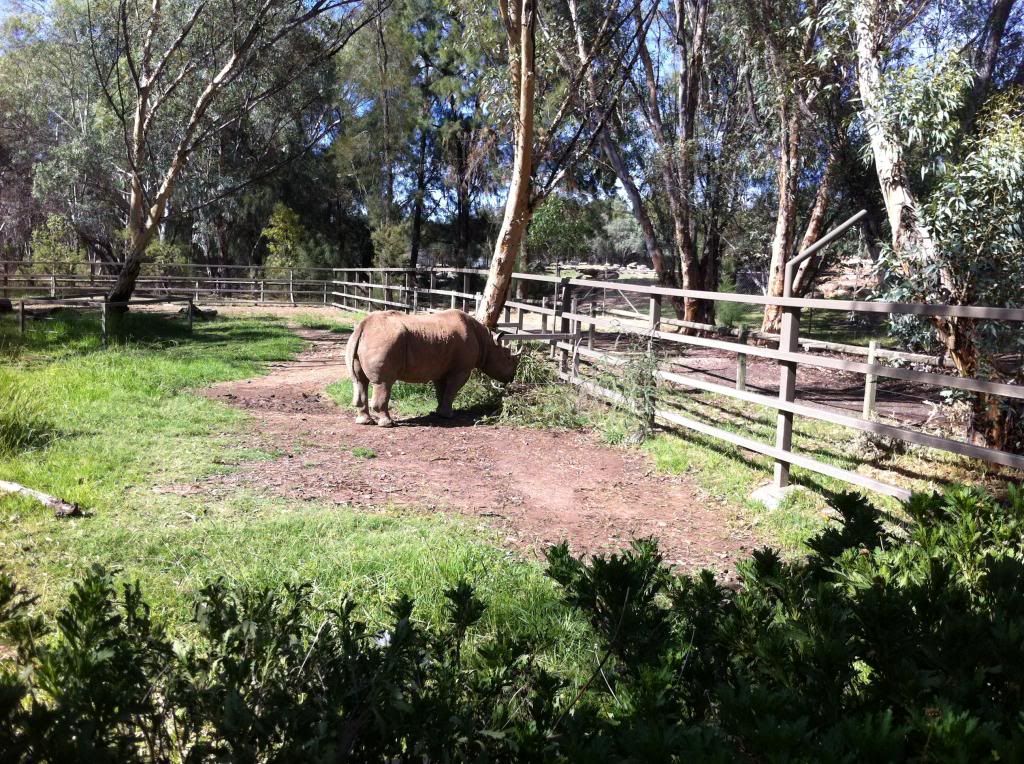
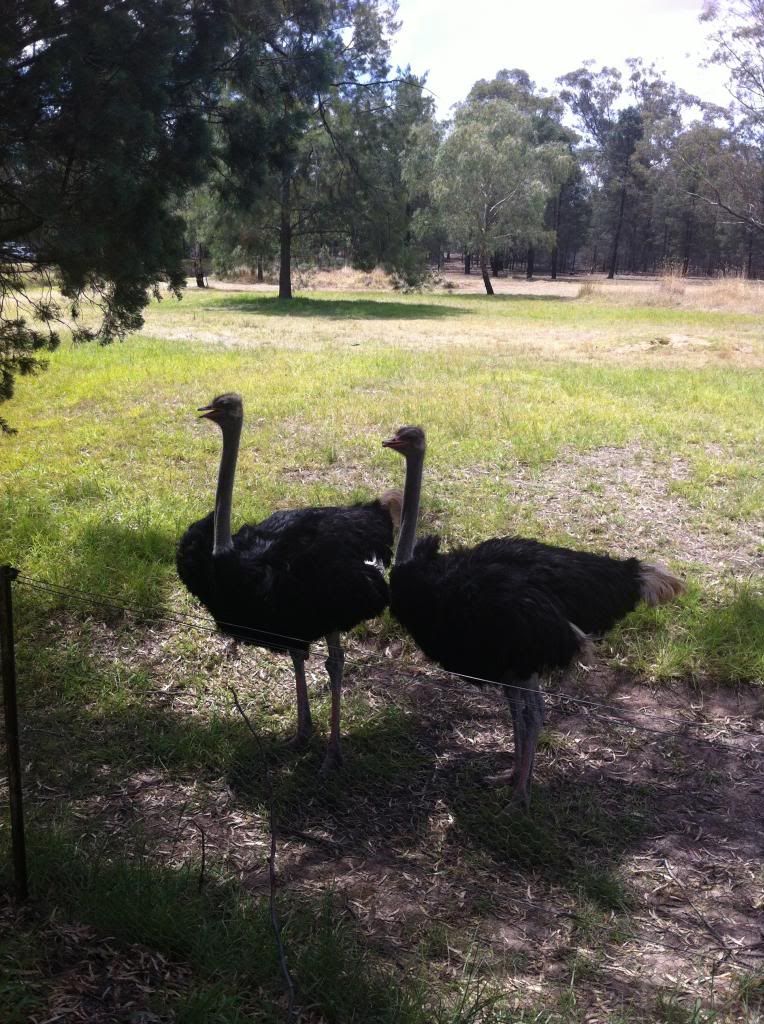
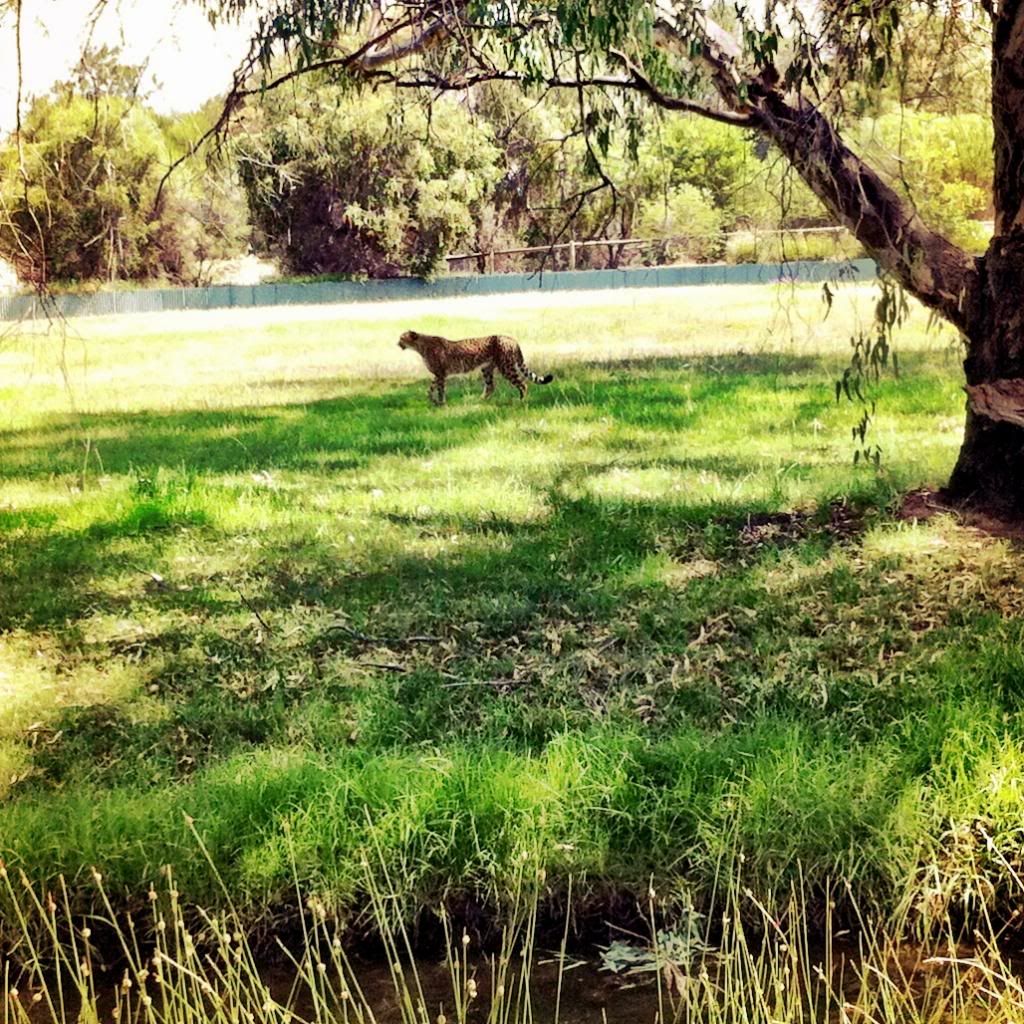
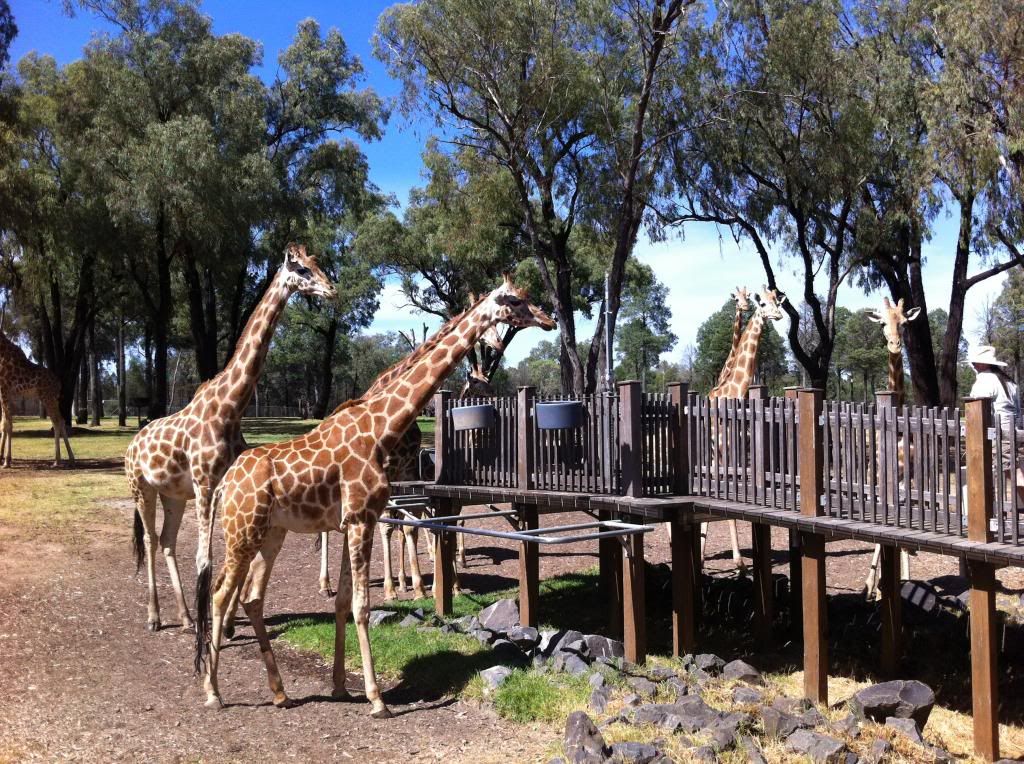

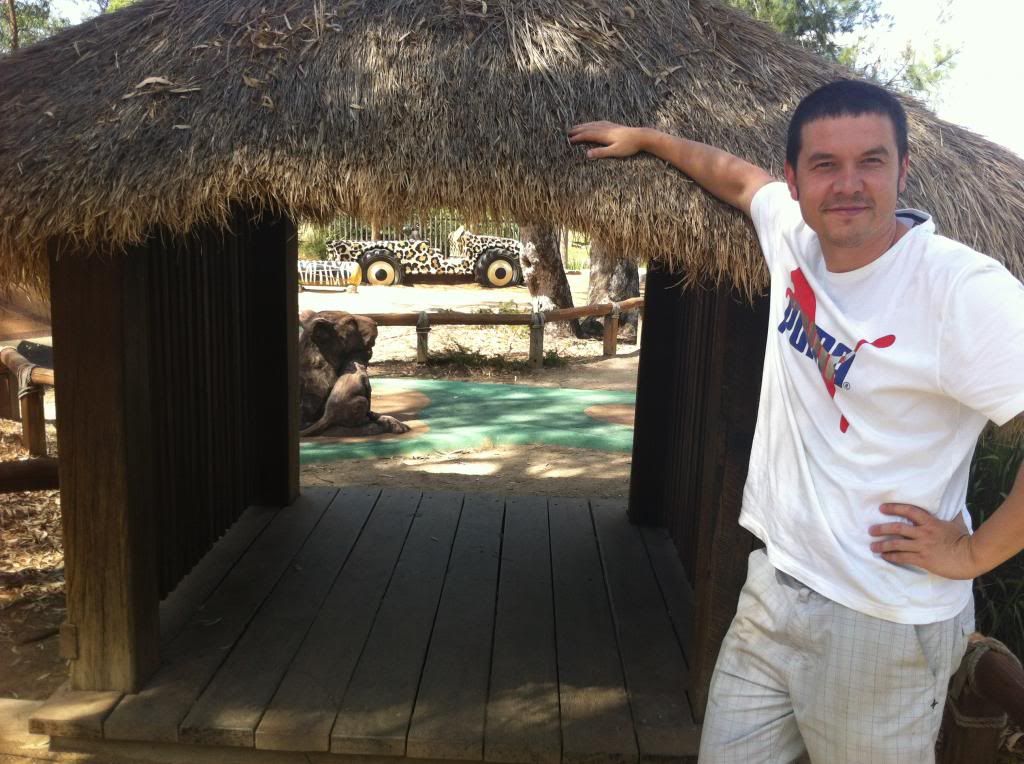
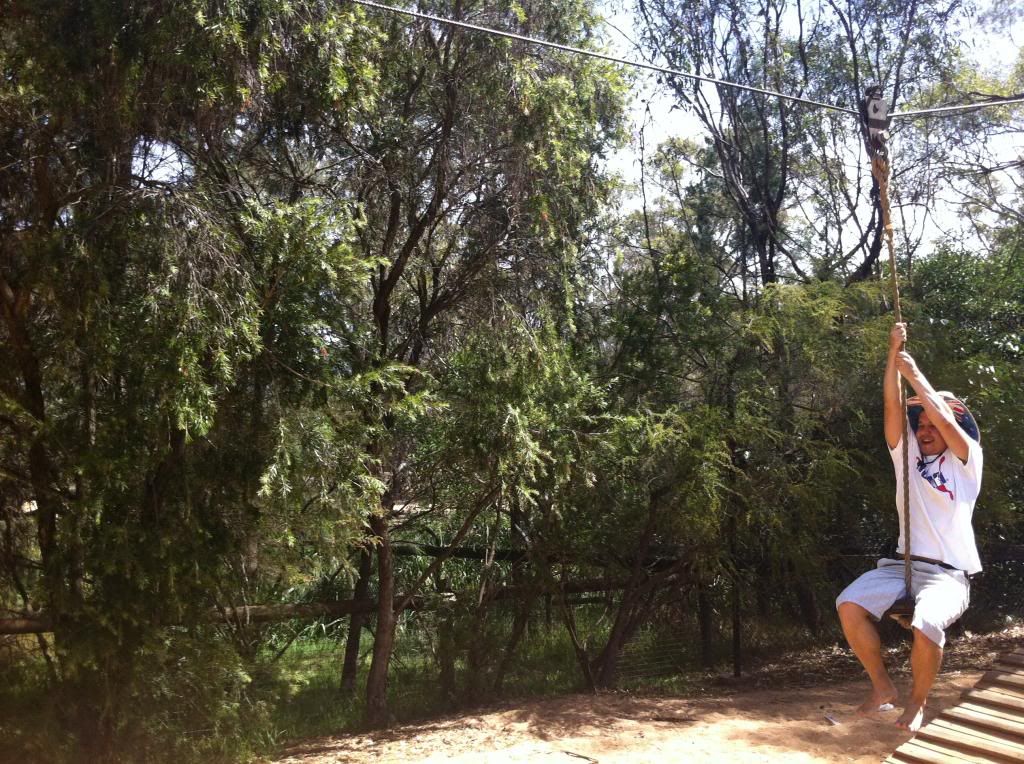
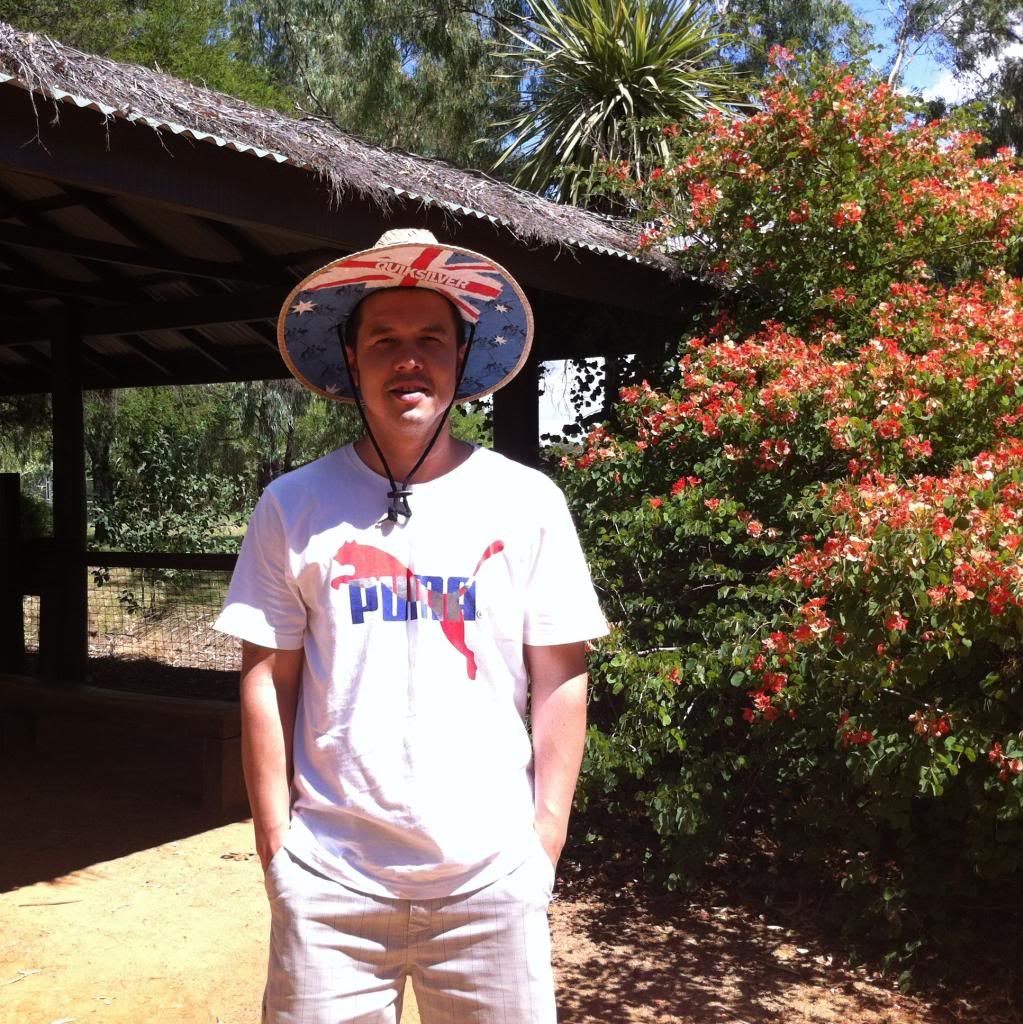

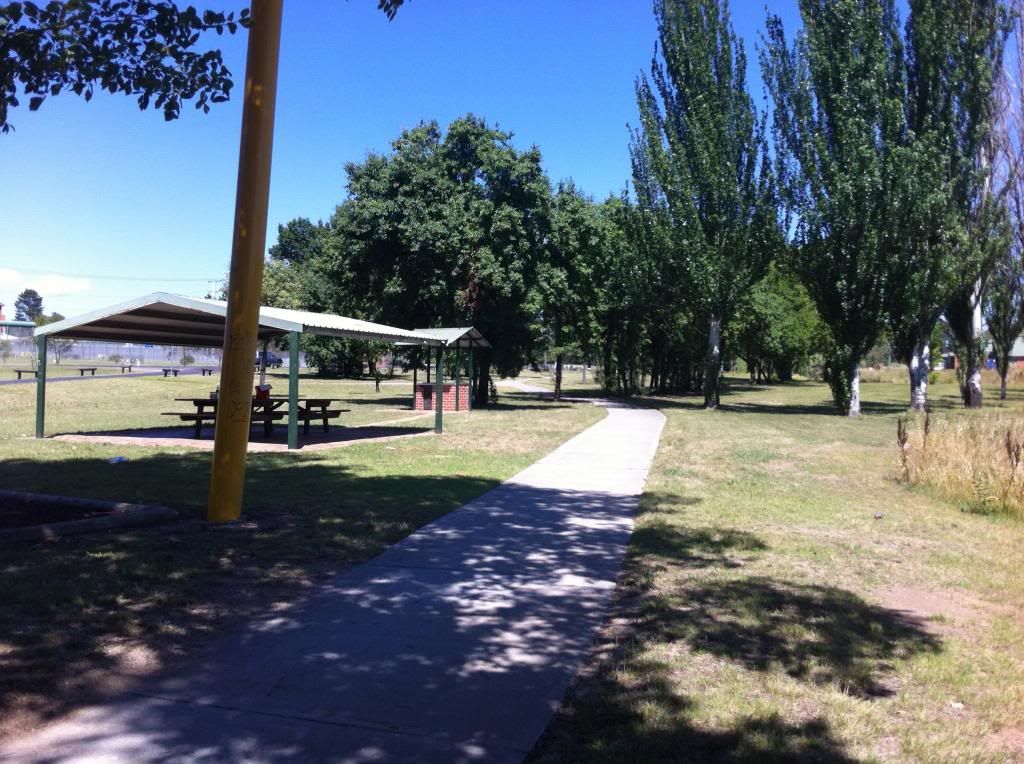
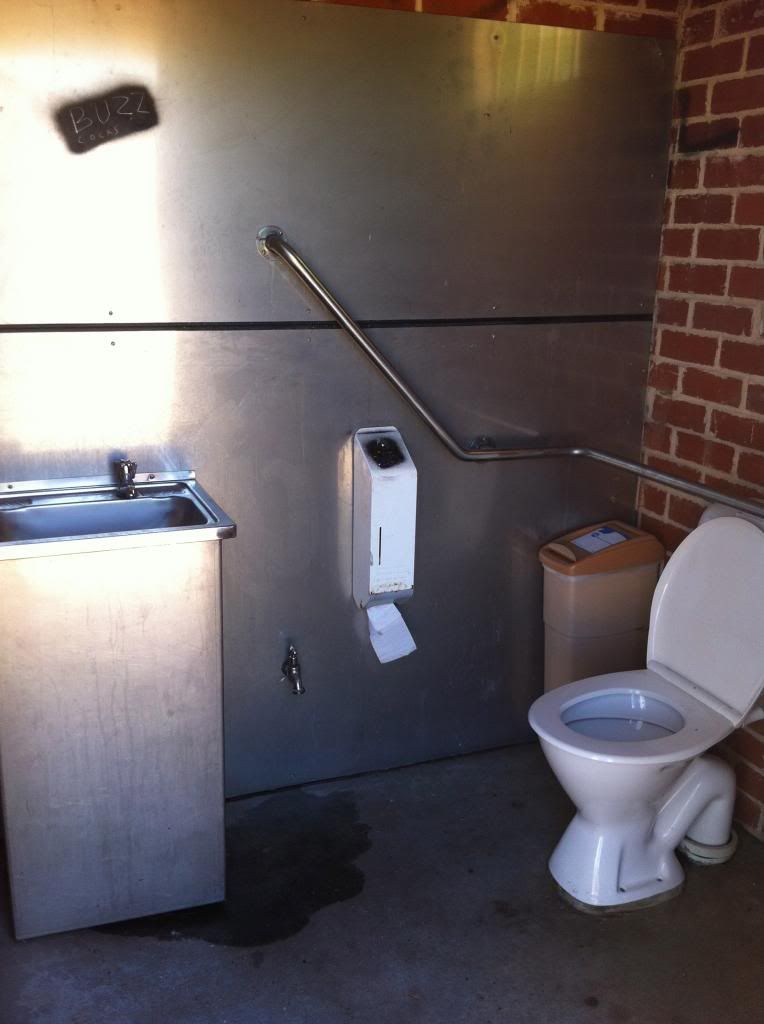
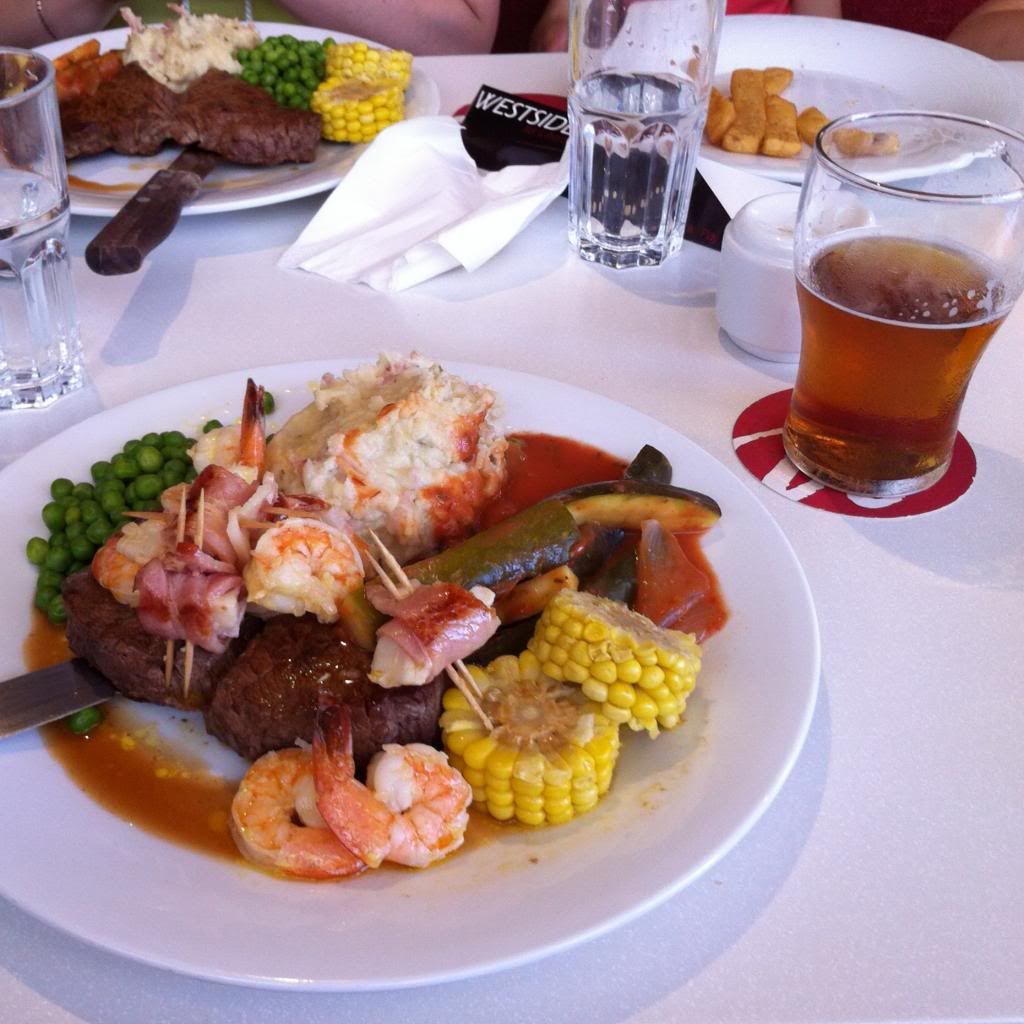
Comments
Post a Comment